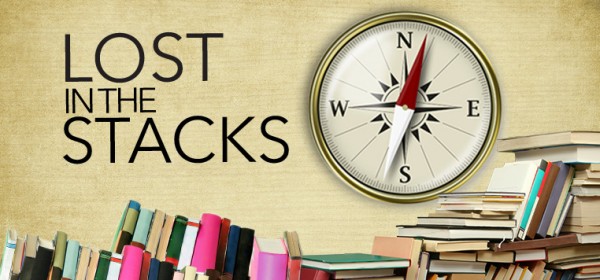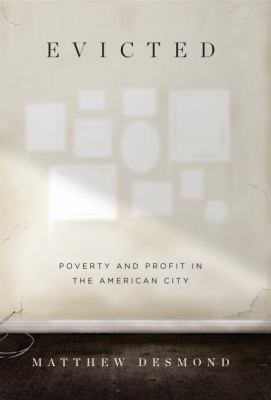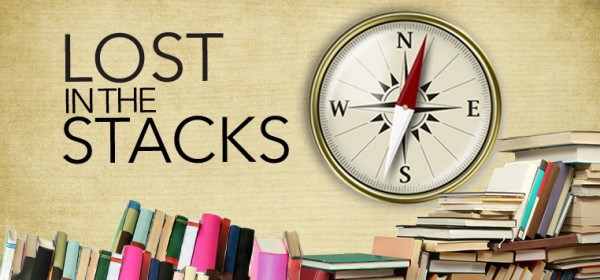Death of the American Dream

A safe, decent, affordable place to live – that’s all Arleen wants for herself and her two young sons. Scott, a former nurse and recovering addict, wants that too as he wears out his welcome on a friend’s sofa. Ned and Pam, staying in a cheap motel, pray the new baby won’t come until they find a new place. And Larraine, huddled under blankets in her brother’s trashy trailer with no heat, is almost at the end of her rope. For these evicted families, the American dream of decent housing is heartbreakingly out of reach.

Eviction is a fact of life for many poor families. When rent takes up as much as 70 or 80 percent of income certain unpleasant choices must be made: pay the rent or buy food? Pay the rent or pay the gas bill? Rent isn’t always the first priority, so landlords evict, moving companies empty out apartments, and families, many with children, scramble to find another place, only to discover that a prior eviction makes it that much harder to find a new home.
In his eye-opening new book Evicted: Poverty and Profit in the American City, sociologist Matthew Desmond reports that children are at greater risk of homelessness after evictions. Employment and health can suffer. Families can be broken apart. Desmond spent months living among poor families facing eviction in Milwaukee, Wisconsin and presents a nuanced, compassionate picture of both tenants and landlords. Desmond does an admirable job of humanizing a devastating social problem that deserves a serious solution.














